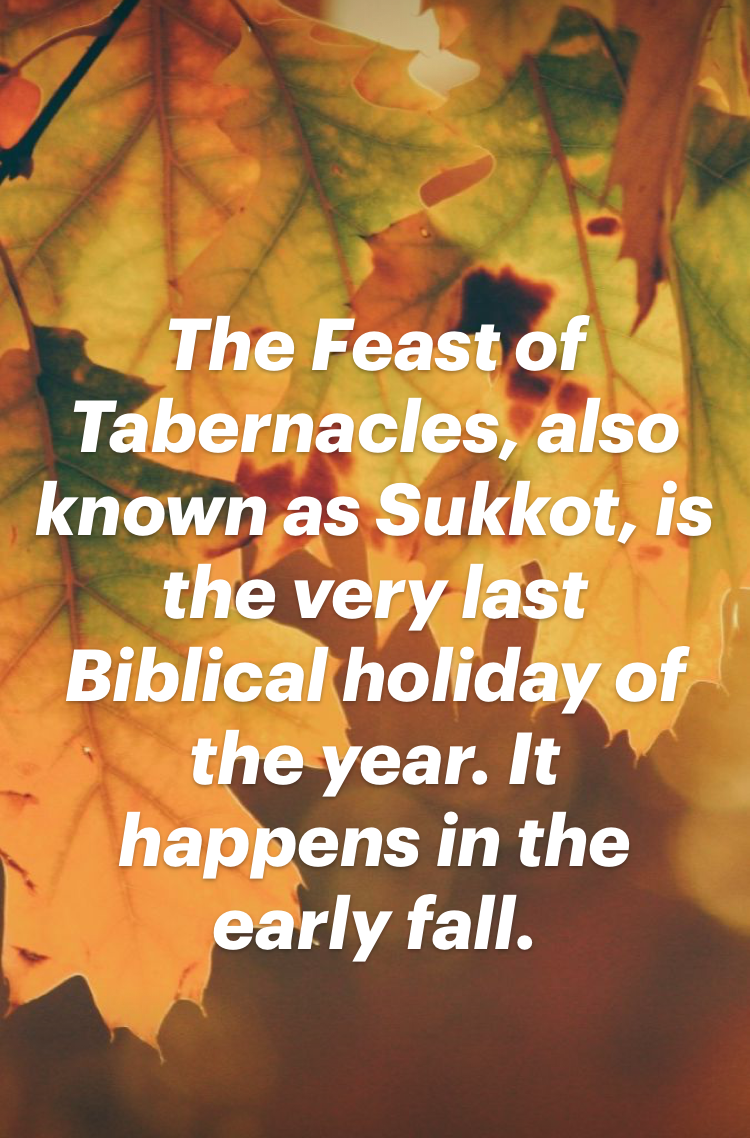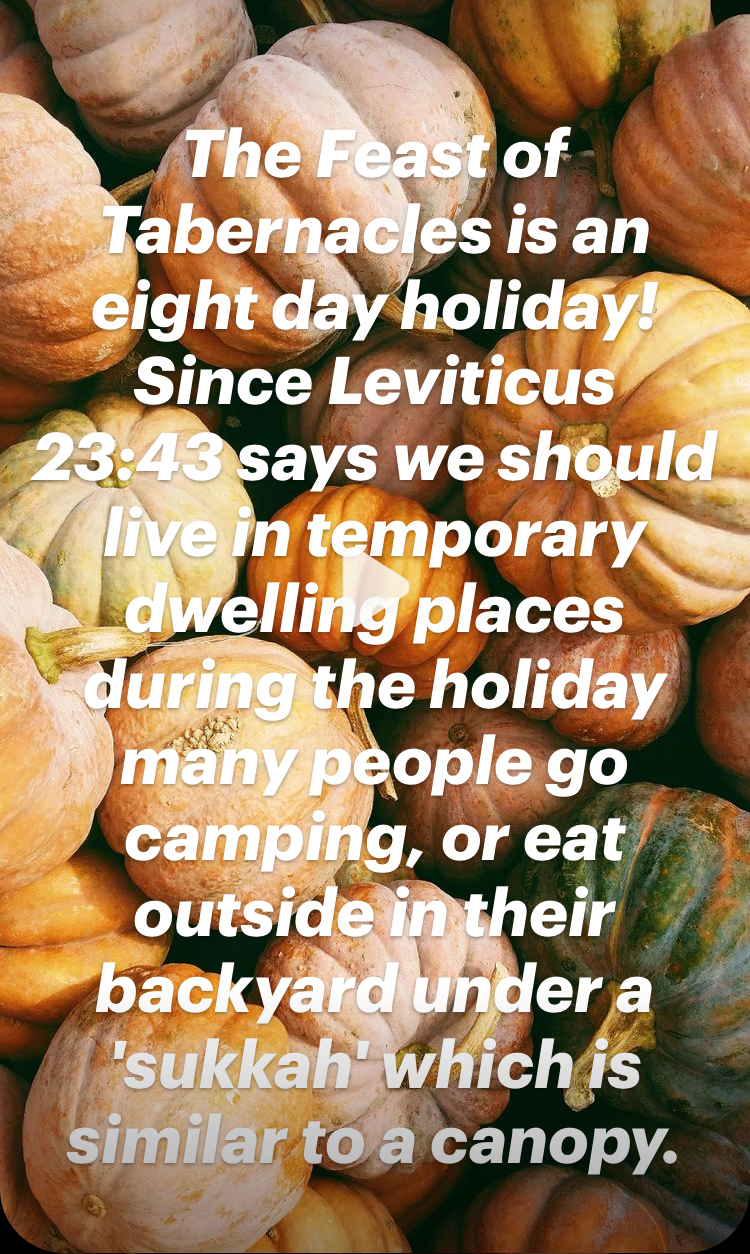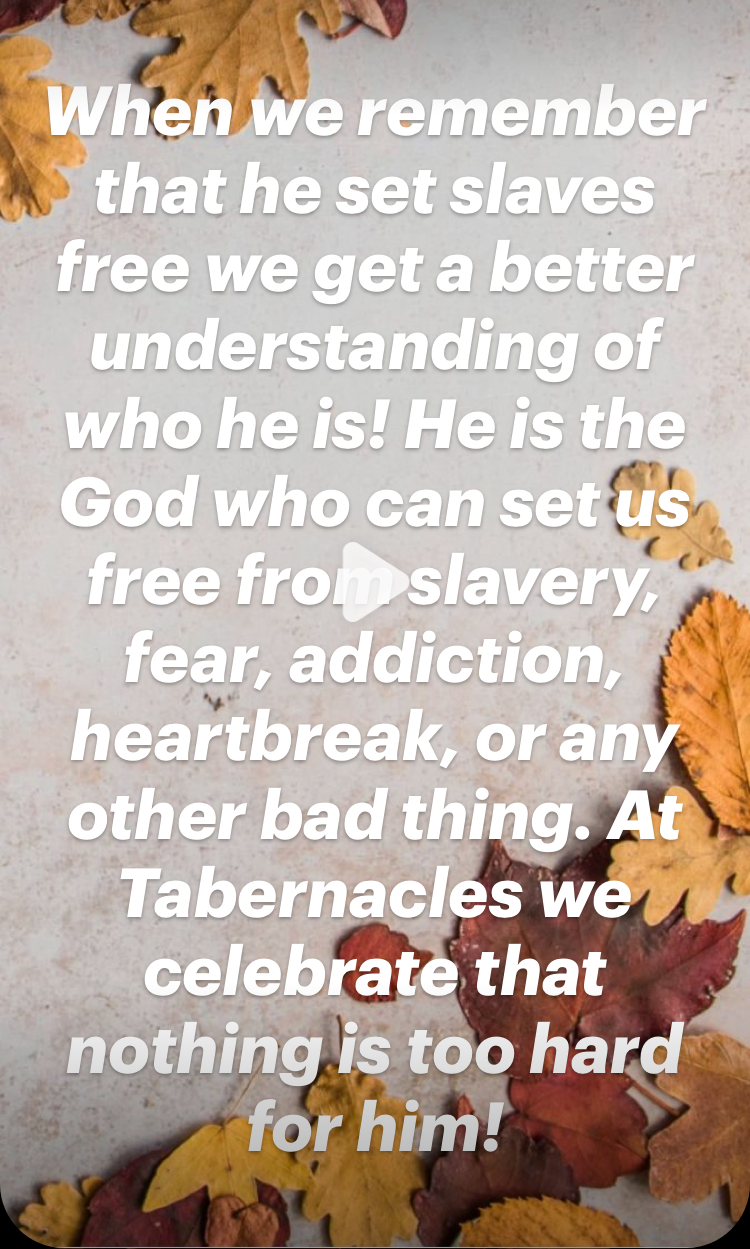If God is so loving and kind then why did people get stoned?
I hear this question a lot when I talk about my faith with others. I'll share about Sabbath keeping or the Biblical holidays, and then people will ask if I'm for stoning people. If we honor the instructions given in the Old Testament then doesn't that mean we would have to go around stoning people?
Stoning comes up in both the Old and New Testaments, and was a prescribed punishment for the following sins:
Idolatry (Deuteronomy 12:2-5)
Practicing necromancy and other occult practices (Leviticus 20:27)
Murder (Leviticus 24:17)
Saying evil against the name of YHWH (Leviticus 24:16)
Approaching Mount Sinai (Exodus 19:12-13)
Certain sexual sins (Deuteronomy 22:21)
(Other sins were punishable by death, but of a different means. In this post we are just going to look at stoning.)
In order for someone to be stoned for one of these sins there first needed to be a trial, and at least two witnesses needed to testify against the accused. Interestingly, those who witnessed against someone were required to be the first to throw stones (Deuteronomy 17:7).
Did you know that very few people were actually stoned in Scripture? The mainstream viewpoint nowadays tends to be that the God of the Old Testament was so cruel or demanding that people got stoned for any little thing, but that is seriously not the case. We see very few people get stoned in the Bible.
People stoned in Scripture:
-Stephen (Acts 7:58)
-Paul (Acts 14:19 - though he didn't die)
-Naboth (1 Kings 21:13)
-Adoniram - The man King Rehoboam put in charge of forced labor (1 Kings 12:18)
-Zechariah the priest for prophesying against those breaking the commandments (2 Chronicles 24:21)
-Achan - The man who took things from Jericho (Joshua 7
-Shelomith's son - A man who blasphemed the name of YHWH - (Leviticus 24:10-16)
-The man who picked up sticks on the Sabbath (Numbers 15:32-36)
Stephen, Paul, Zechariah, and Naboth, and Adoniram were all wrongfully stoned. They had not committed the sins that lead to death by stoning, and they certainly weren't given fair trials. Stephen and Paul were stoned for sharing the Gospel; in Stephen's case he was likely stoned for using and speaking highly of the name YHWH - which of course is the opposite of speaking evil against the name of YHWH, a valid reason for stoning. The people were angry when Zechariah asked them why they weren't obeying Scripture's instructions, and they stoned him. Naboth was stoned by two of the Kingdom of Israel's most evil leaders - Ahab and Jezebel - for not selling his family inheritance to them. Adoniram was stoned as part of the Israelite revolt against forced labor under Solomon's son King Rehoboam. The stoning of these men were not ordained by YHWH.
But what about the others? We are left with only three people:
1. Shelomith's son was stoned for blaspheming and cursing the name of YHWH.
2. Achan was stoned for taking gold and silver from Jericho that was to be set apart for YHWH.
3. The man who gathered wood on the Sabbath day was stoned for not guarding the Sabbath.
What do these men have in common? They all intentionally despised the word of YHWH! It's crucial to understand they did these things on purpose. They were not in ignorance of the commands they violated. They didn't misunderstand or didn't hear an instruction. They willingly chose to be disobedient.
Let's take a look at what happened to each.
1. Shelomith, an Israelite woman, had a son with an Egyptian and this son blasphemed and cursed the name of YHWH. The Israelites put him under guard, and waited to hear directly from YHWH what was to be done with him (Leviticus 24:12). Please note that they were waiting to hear from YHWH because of the graveness of this offense. Blaspheming and cursing the name is something that Scripture warns against repeatedly, and it's even included in the ten commandments. The rest of the people took these commandments very seriously and knew that something needed to be done because of this.
2. Achan was stoned for taking gold, silver, and garments from Jericho after the walls of Jericho came down. He took these things knowingly and intentionally, after repeated warnings such as,
"The city shall be put under the ban, and all that is in it belongs to YHWH...and by all means guard yourselves from that which is under the ban, lest you come under the ban when you take of that which is banned from you, and make the camp of Israel a curse and shall trouble it. The silver, gold, bronze, and iron are to be set apart to YHWH, and go into the treasury of YHWH." -Joshua 6:17-19
Did you catch the last part? Achan wasn't just taking things he was told not to, he was taking thing that he knew belonged to YHWH. No one else in Israel did this. The only things that came out of Jericho were Rahab and her family, and the silver, gold, bronze, and iron which were to go the treasury of YHWH. Everything else was burned (Joshua 6:24).
3. Lastly we have the Sabbath breaker, the man who was stoned for gathering wood on the Sabbath day. The people who found him were so dismayed to see him doing this on the Sabbath day that they brought him to Moses and Aaron, and then they waited to hear what YHWH wanted done to this man. YHWH told them to stone him to death (Numbers 15:35).
I think a lot of us read about the man who was stoned for picking up sticks on the Sabbath and kind of feel like we are treading on eggshells...if we do any little thing the slightest bit wrong then we are done for.
Most people today genuinely don't know about the Sabbath. Maybe they've heard of it, but if they have chances are they don't know that it's the seventh day of the week or what it looks like to honor it. However in Biblical times absolutely everyone knew and was familiar with it. No businesses were open, no one was doing work, there was a culture of preparing extra food the day before to avoid having to gather food on the Sabbath. In this man's time, manna was provided for the Israelites six days a week. It was not provided on the Sabbath and there was no doubt whatsoever what day it was when he made the choice to gather firewood. Not resting on the Sabbath was simply not done.
All of the people who were rightfully stoned in Scripture knew that what they were doing was wrong and chose to do it anyway, expressly going against the word of YHWH.
Just before this in Numbers 15 Scripture makes a distinction between sinning by mistake, and sinning defiantly. If someone sins on accident, whether through ignorance, or misunderstanding, the punishment for that is not stoning. Rather Numbers 15:25 says we are forgiven for sins we committed by mistake when we repent and bring an offering. We have all sinned by mistake...maybe we didn't realize what the instructions YHWH has for us were, maybe we had been taught poorly, or maybe we were confused. YHWH understands this and offers us mercy and forgiveness.
However when we sin defiantly that is a different story. This makes sense doesn't it? When a student, coworker, child, spouse, or friend does something we don't appreciate accidentally it is much different than if they do something intentionally to spite us. Numbers 15:31, "Because he has despised the word of YHWH and broken his command, he shall certainly be cut off, and his crookedness upon him."
We can't emphasize this enough. YHWH does not punish people for accidental slip ups the same as he does for those who defiantly go against him and despise his word! This sentiment is echoed in the New Testament, by the Messiah himself, "The servant who knew his master's desire, and did not prepare, nor did according to his desire, shall be beaten with many stripes. But he who did not know, yet did what deserved flogging, shall be beaten with few." (Luke 12:48)
This examination of Scripture shows that the Living God was not about stoning people for any little thing they did wrong or accidental sin. His law called only for those who intentionally despised his commands to be put to death.
More posts to help better understand Biblical law:
The Three Types of Law in Scripture
Why We No Longer Sacrifice Animals and How That's Permissible in Biblical Law
Biblical Instructions: Have to or Get To
Understanding Acts 15
















































